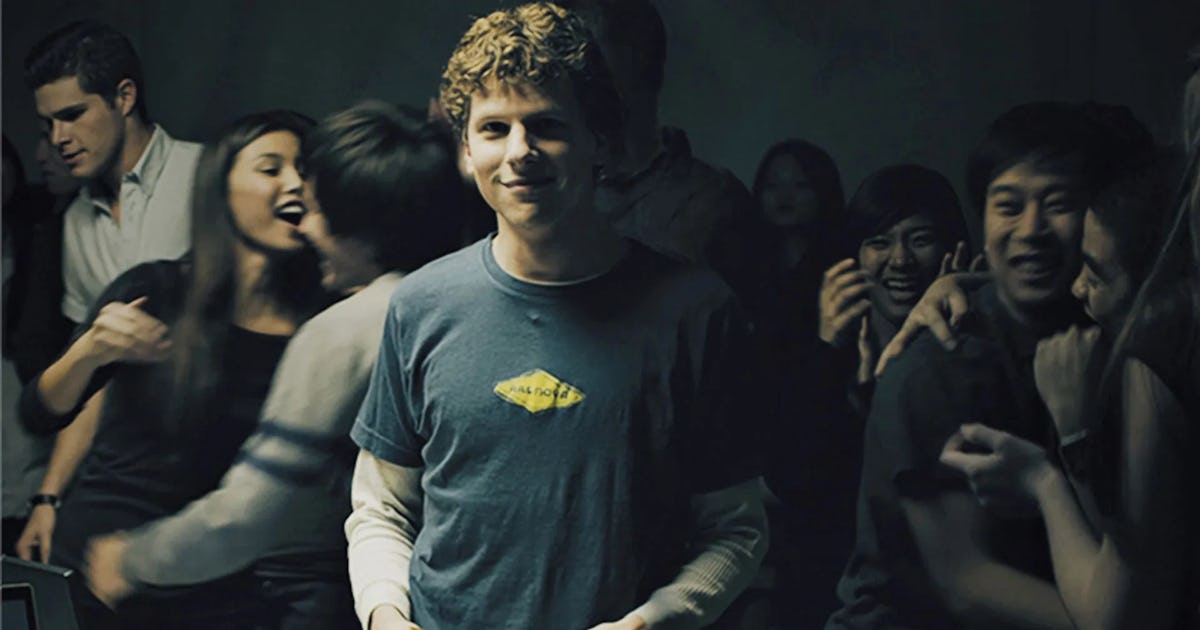
"It's almost impossible to consider what it was before it established a stranglehold on us, but there was a time when the internet seemed destined to be a beacon for technology's positive potential. Before we truly understood the dangers posed online, there was the optimistic belief that it would connect humanity for the better, democratize knowledge and information, and confront us with perspectives that we might otherwise have never encountered."
"All these years later, it's easy to see how wrong we were. It's as if access to the internet functions like a nebulous form of radioactivity, slowly mutating us into something less warm, less empathetic, and less authentic. Lots of films have tried to explore how our society has been changed by our compulsive addiction to the web, but few have aged as chillingly as David Fincher's cultural lightning rod, released 15 years ago today."
Early optimism portrayed the internet as a force to connect humanity, democratize knowledge, and expose people to new perspectives. Over time, online access began to erode warmth, empathy, and authenticity, acting like a slow corrosive influence. Cultural portrayals have examined societal changes produced by compulsive web use. A pivotal cinematic depiction captures a turning point in attention hierarchies, showing how proximity to a platform creator replaced traditional social prestige. The shift reoriented social value toward visibility and attention, altering interpersonal dynamics and elevating those who attracted eyes rather than those who previously held conventional social status.
Read at Inverse
Unable to calculate read time
Collection
[
|
...
]